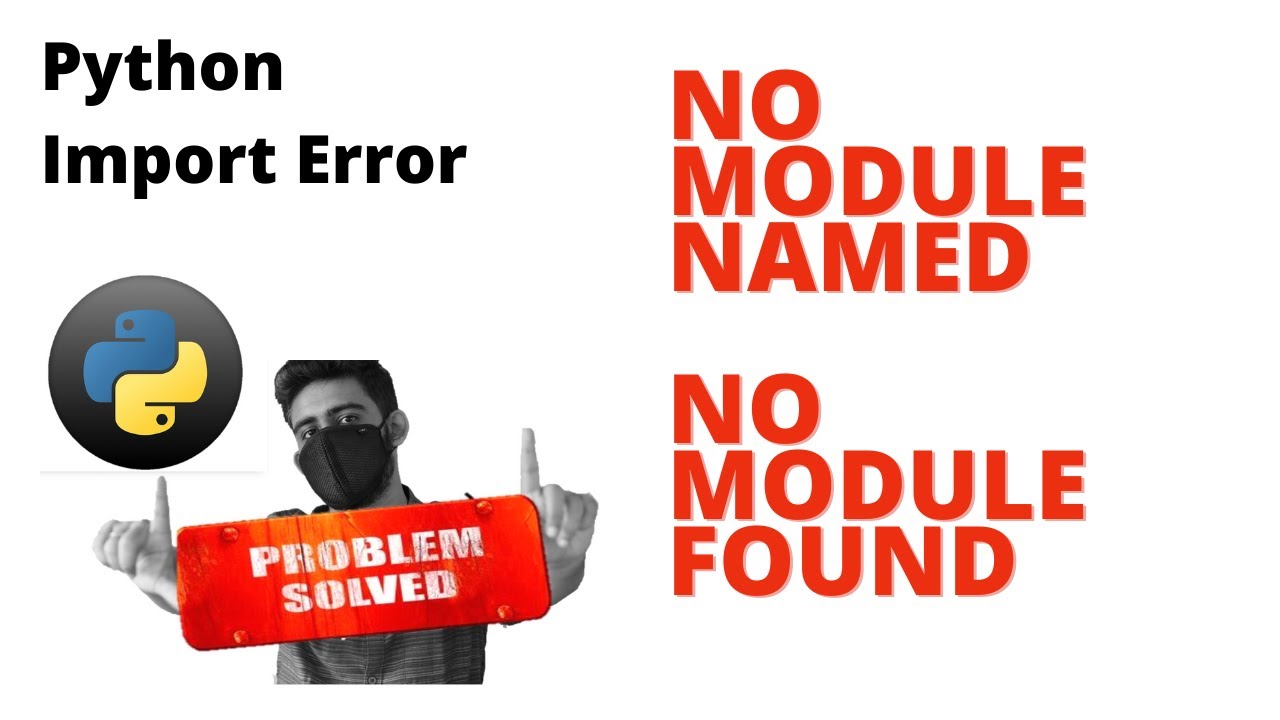How to solve modulenotfounderror no module named ‘dataclasses-json’ in python

Understanding the Error
One of the most common errors that Python developers encounter is the ModuleNotFoundError. This particular error often occurs when you attempt to import a module that has not been installed in your Python environment. Specifically, the error message “No module named ‘dataclasses-json'” indicates that you are trying to use a package called dataclasses-json but Python cannot find it. The dataclasses-json module is useful for serializing and deserializing dataclasses, providing a simple way to convert data classes to and from JSON format. Understanding the root cause of this error is crucial for effective troubleshooting.
Common Causes of the ModuleNotFoundError
There are several reasons why you might face the ModuleNotFoundError when working with dataclasses-json. Some of the most common causes include:
- Module Not Installed: The most straightforward reason is that the dataclasses-json package has not been installed in your working environment.
- Virtual Environment Issues: If you are using a virtual environment, it is possible that the module has been installed in a different environment.
- Incorrect Python Version: The package might not be compatible with the version of Python you are using. Some packages have specific version requirements.
- Typographical Errors: Sometimes, the error can occur due to simple spelling mistakes in the import statement. Double-check your code.
How to Solve ModuleNotFoundError: No Module Named ‘dataclasses-json’
Now that we understand the common causes, let’s dive into how to solve the ModuleNotFoundError specifically related to dataclasses-json. The following steps provide a structured approach to troubleshoot and resolve the issue.
Step 1: Install the Module
The first and most important step is to ensure that the dataclasses-json module is installed. You can do this using pip, the package installer for Python. Open your command line interface (CLI) and run the following command:
pip install dataclasses-jsonIf you are using Python 3, you might need to specify pip3 instead:
pip3 install dataclasses-json
Step 2: Verify Installation
Once you have installed the module, it’s essential to verify that the installation was successful. You can do this by running the following command:
pip show dataclasses-jsonThis command will display information about the installed package, including its version. If you see an error stating that the package is not found, you will need to check your previous installation steps.
Step 3: Check Your Environment
If you are using virtual environments, ensure that you are working within the correct environment. Use the following command to check your current environment:
which pythonor for Windows:
where pythonThis command shows you the path to the currently active Python executable. Make sure it matches the environment where you installed dataclasses-json.
Step 4: Update pip
In some cases, the version of pip you are using may be outdated, which can lead to installation problems. To update pip, use the following command:
pip install --upgrade pipAfter updating, try installing dataclasses-json again.
Step 5: Check for Multiple Python Installations
If you have multiple versions of Python installed on your machine, it’s possible that the module is installed in a different version. To check which versions are available, run:
python --versionand
python3 --versionIf Python 3.x is required for your project, ensure that you are using commands related to python3 when running scripts.
Step 6: Importing the Package
Finally, once you’ve confirmed installation and resolved any path issues, try importing the package in your Python script:
import dataclasses_jsonIf the import works without throwing an error, congratulations! You have successfully resolved the issue related to the ModuleNotFoundError.
Best Practices for Managing Python Packages
To minimize the chances of encountering similar issues in the future with packages like dataclasses-json, consider following these best practices:
- Use Virtual Environments: Always create a virtual environment for new projects. This isolates your project dependencies from the global Python installation, preventing conflicts.
- Document Requirements: Maintain a
requirements.txtfile in your project to list all dependencies. This allows for easy installation across different environments using:
pip install -r requirements.txtpip list --outdated, and update them as necessaryExploring the dataclasses-json Module
Understanding the dataclasses-json module can enhance your knowledge of its functionalities. This package provides decorators that make it easy to convert dataclasses to and from JSON. Here’s a brief overview of its key features:
Serialization and Deserialization
With the dataclasses-json library, you can easily serialize a dataclass to a JSON string, as well as deserialize JSON data back into a dataclass. Here’s an example:
from dataclasses import dataclass
from dataclasses_json import dataclass_json
@dataclass_json
@dataclass
class User:
name: str
age: int
# Serialize
user = User(name="Alice", age=30)
user_json = user.to_json()
# Deserialize
new_user = User.from_json(user_json)
Integration with Other Libraries
This library can be effectively combined with other Python libraries like Flask and Django for handling API requests and responses. Using dataclasses-json can simplify data validation and transformation processes in web applications.
Troubleshooting Further Issues
If you continue to encounter issues after following the above steps, consider these additional troubleshooting tips:
- Reinstall the Module: Occasionally, file corruption can occur during installation. Uninstall and reinstall the module using:
pip uninstall dataclasses-jsonand then:
pip install dataclasses-jsonConclusion
By taking a thorough approach to troubleshooting and understanding the context of the error, you can quickly resolve the ModuleNotFoundError related to dataclasses-json. With the right practices in place, such as managing dependencies with care and leveraging virtual environments, you can create a more stable development experience.





